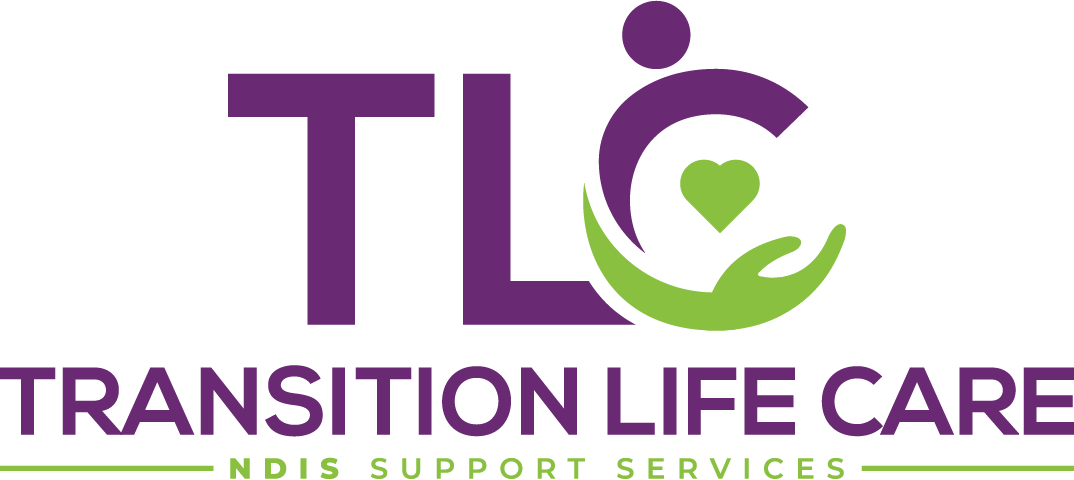Protecting Yourself from NDIS Risks and Exploitation
Navigating the National Disability Insurance Scheme (NDIS) can be both empowering and challenging, especially for those with cognitive or communication difficulties. While the NDIS is designed to give participants freedom and control over their support services, this very independence can sometimes lead to vulnerabilities. Unfortunately, not all NDIS providers adhere to ethical standards, and some … Continue reading Protecting Yourself from NDIS Risks and Exploitation




